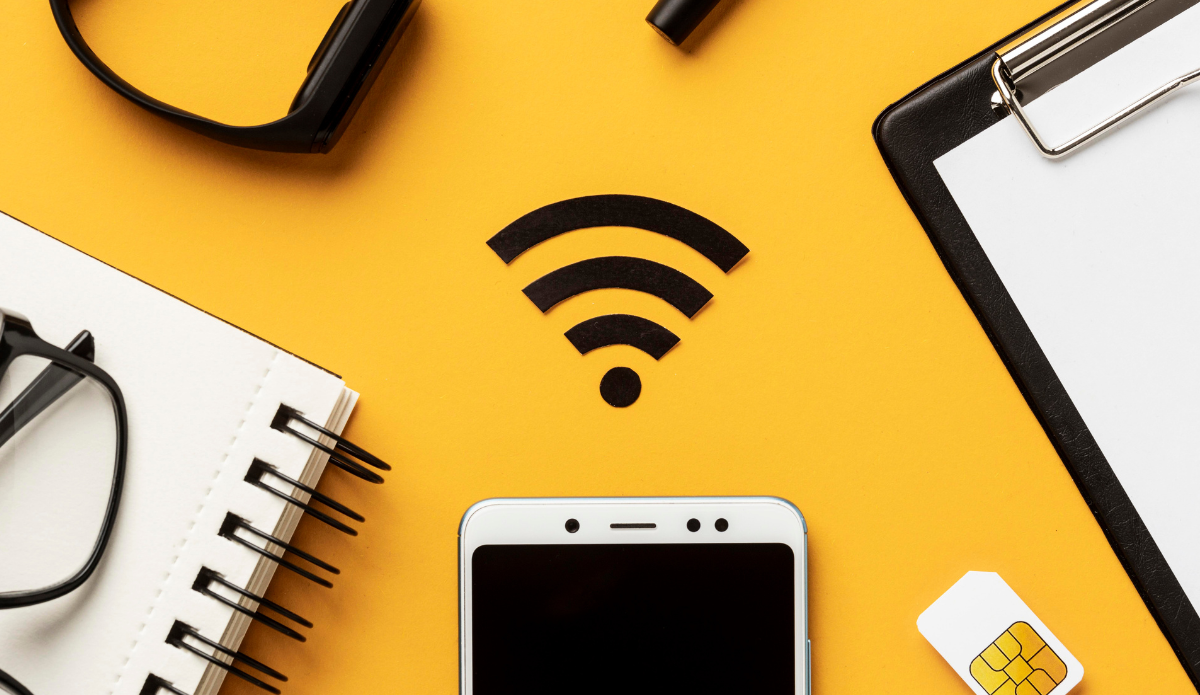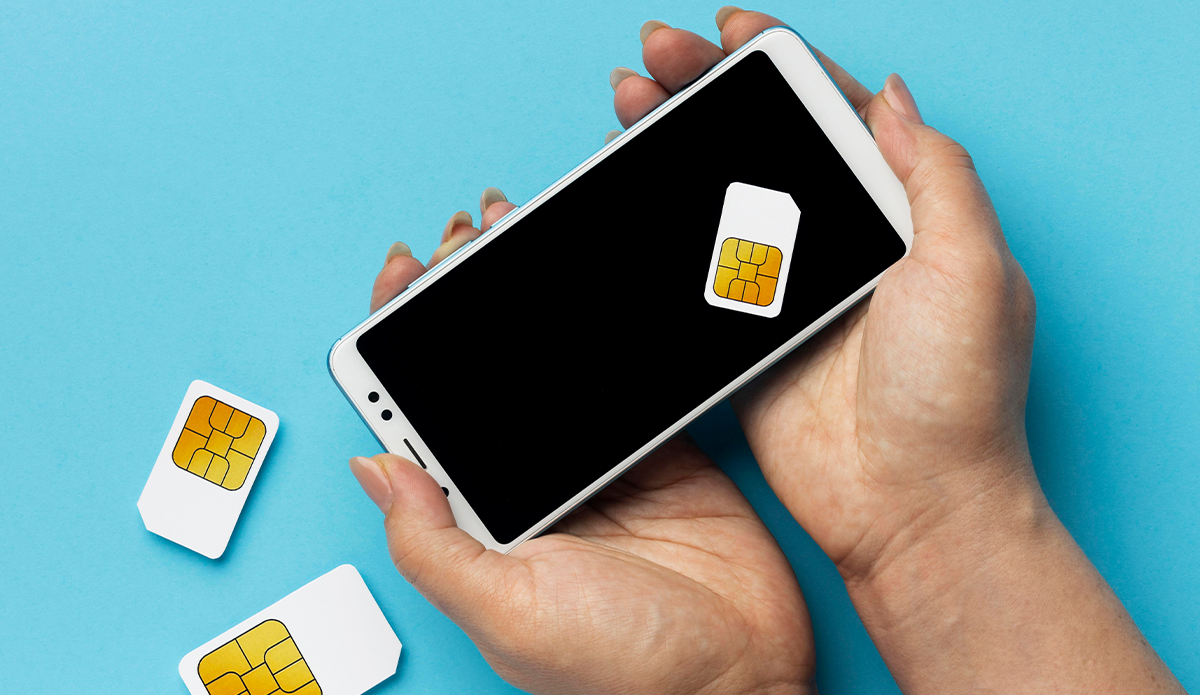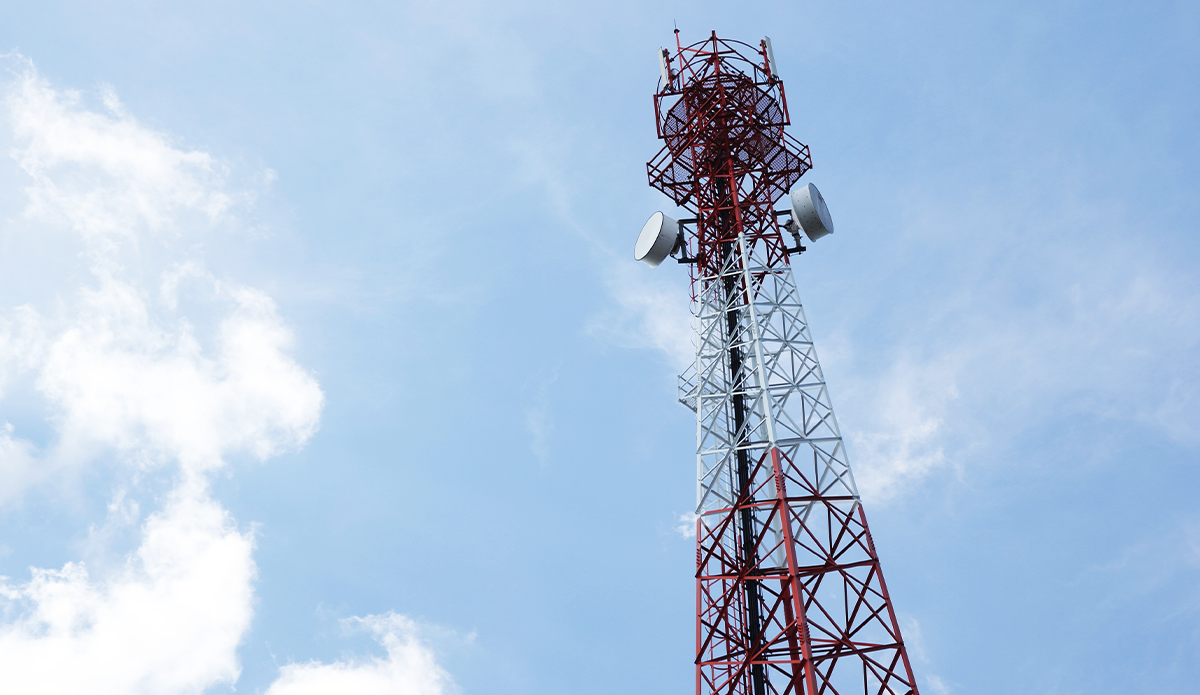Tired of paying high prices for internet?
We know how to uncover the cheapest broadband plans in your area.
Maybe your contract is due to end and you’re not happy with the new plan your supplier offered you.
Or, perhaps you’re just looking for more lesser-known ways to save money right now (who isn’t?!)
Read on to learn how and where you can find the cheapest broadband deals in your area – without ever sacrificing speed or reliability.
How to find the cheapest broadband deals
We’ve got a few crucial tips that will help you find the cheapest broadband deals in your area.
By following our expert advice, you’ll soon be able to trim down your monthly expenses whilst still enjoying a seamless and well-suited internet connection.
-
Assess Your Usage.
Understanding your internet usage is crucial in finding a deal that suits you. If you’re a light internet user, you might not need the fastest speeds. A lot of households find that they end up paying for high Wi-Fi speeds that they don’t even require – the average household only needs 30Mbps to function smoothly online. However, if you’re a heavy gamer, home worker, or frequently stream in 4K, opting for a faster fibre plan would be worth it to save you from a lot of frustration.
2. Check for Bundles.
Many providers offer bundled services, combining broadband with TV and phone services. While this might seem like a good deal, ensure that you genuinely need these services. Sometimes, standalone broadband deals can be more cost-effective. This is something you can tailor through our free deal checker.
3. Consider Contract Length.
Providers often offer different contract lengths, typically 12, 18, or 24 months. While longer contracts might come with slightly lower monthly costs, they can lock you into a deal that might become less competitive over time. If you’re not comfortable with a long commitment, shorter contracts might be a better option.
4. Negotiate with Your Current Provider.
If you’re already with a broadband provider and you’ve found a better deal elsewhere, don’t be afraid to negotiate. Sometimes, providers are willing to match or even beat competitors’ offers to keep you as a customer.
5. Read Reviews.
Before committing to a new broadband provider, read reviews from current and previous customers. This will give you an idea of the level of customer service, reliability, and overall satisfaction you can expect. This is another factor our experts take into consideration for you, and we only work with reputable and trusted suppliers.
6. Keep an Eye on Hidden Costs.
It’s key to consider any additional costs such as setup fees, line rental, and installation charges. This is something our experts are trained to spot and they can discuss this in detail with you, because hidden costs can quickly creep in and add up.
7. Research – Don’t Go In Alone.
The world of broadband is vast, and it can quickly get expensive if you don’t know where to look. Instead of manually comparing quotes and websites alone, we’ve made it easy to search offers in one place.
Where is the Best Place to Find the Cheapest Broadband Deals?
Right here, with our experts!
There are a lot of sites and services that help make it easy to search broadband deals, however, Switch Experts will never charge you a penny.
You’re guaranteed to save time and money this way, instead of manually trawling through separate sites.
It’s also fairly common to be charged more when you go directly to the supplier.
How do I Switch?
At first, the idea of switching broadband suppliers might seem daunting, but the potential savings are well worth it.
Our experts are here to make the process as fast and as easy as possible.
With Switch Experts, it’s as easy as 1, 2, 3 to find a new deal.
You search and tailor deals available in your area, we confirm the switch over, then you get to enjoy your new plan and your shiny new savings! Our team will also tailor their advice to you personally, looking at your current contract and internet needs.
Get started today and find your new deal in no time.



